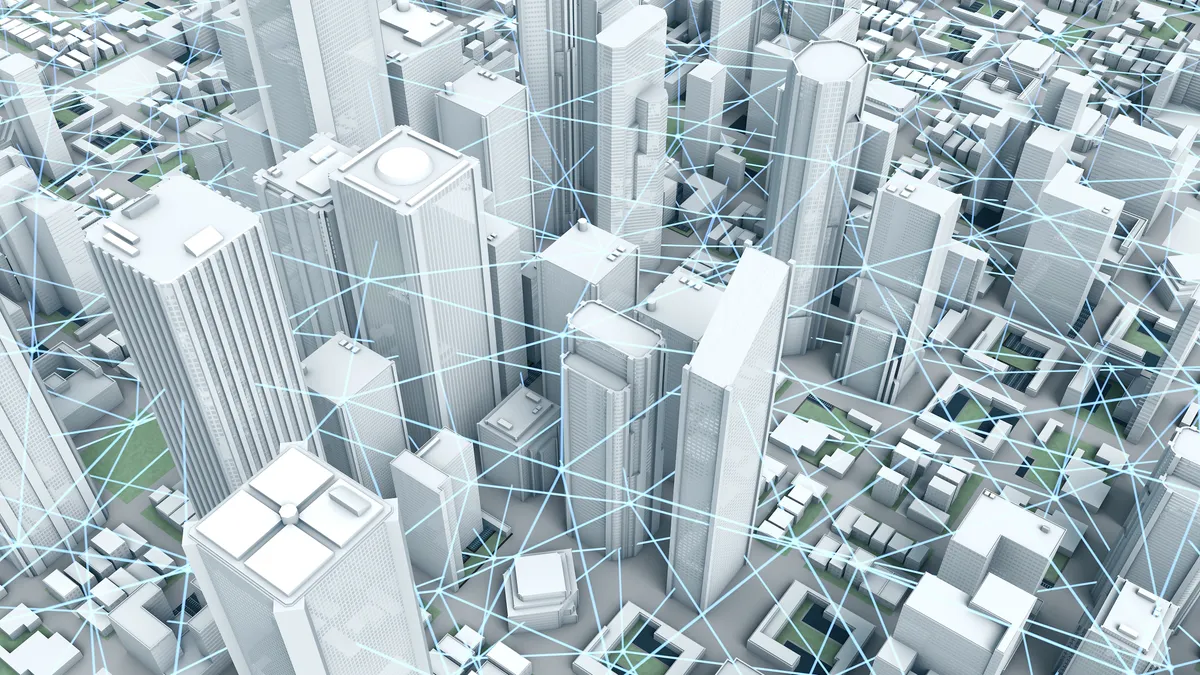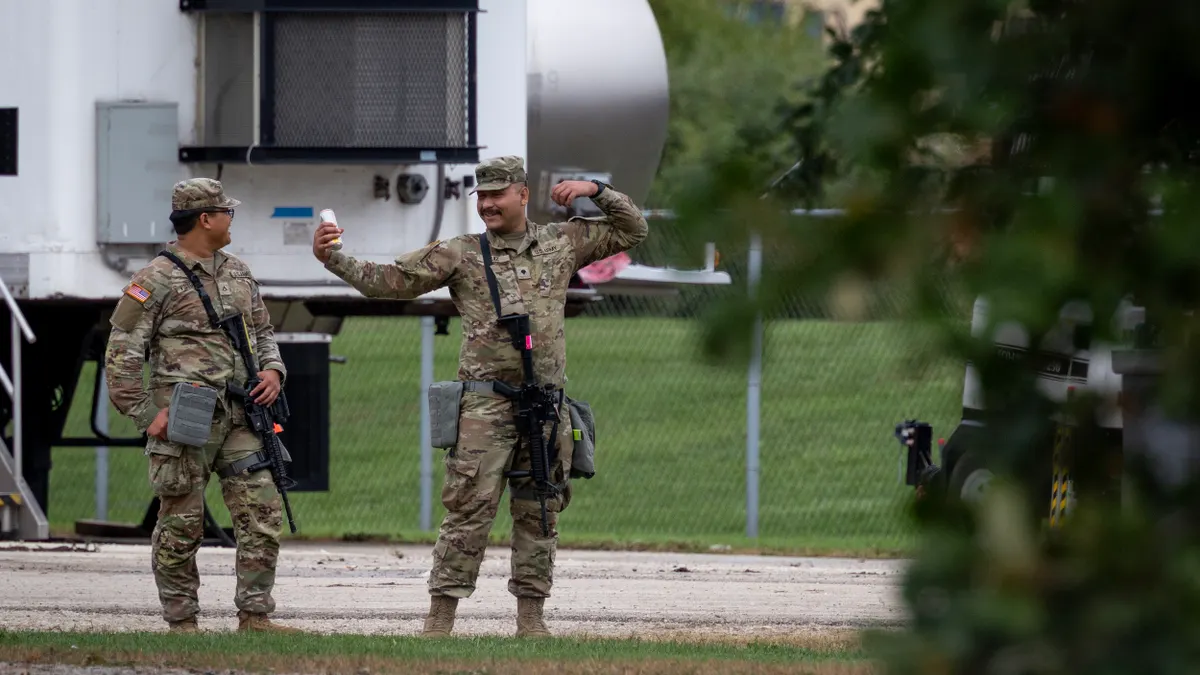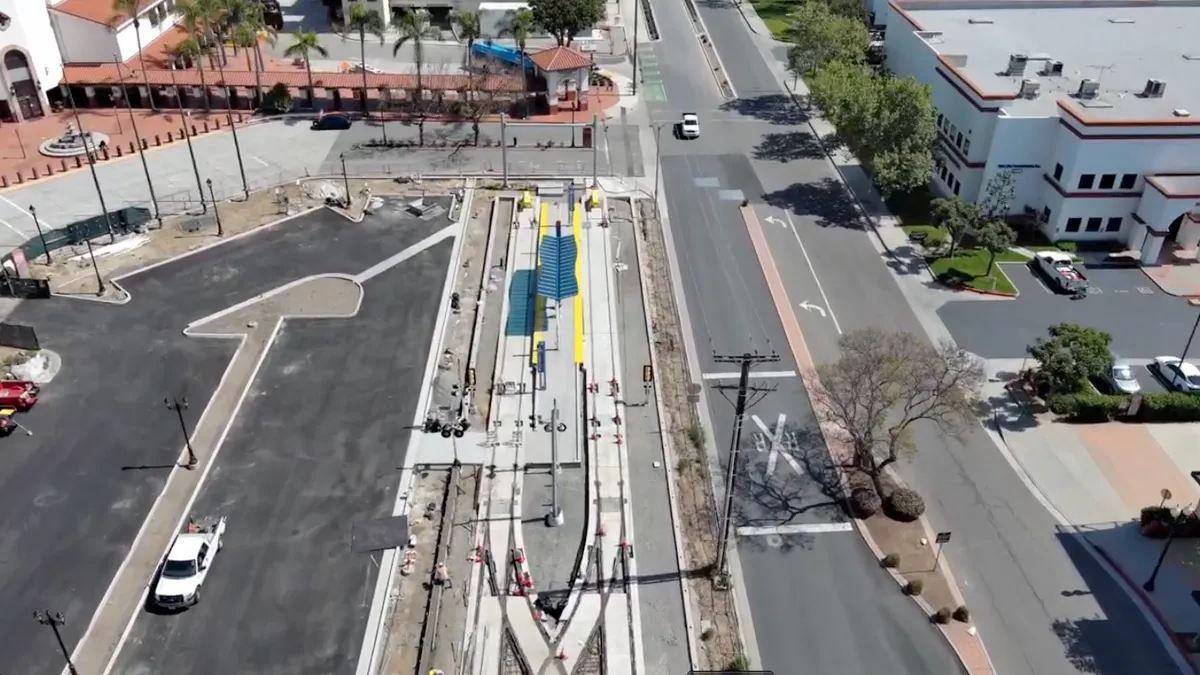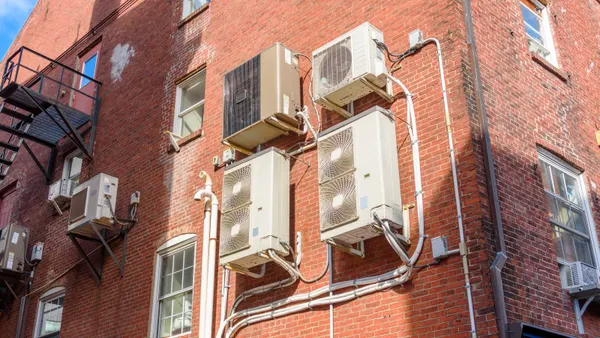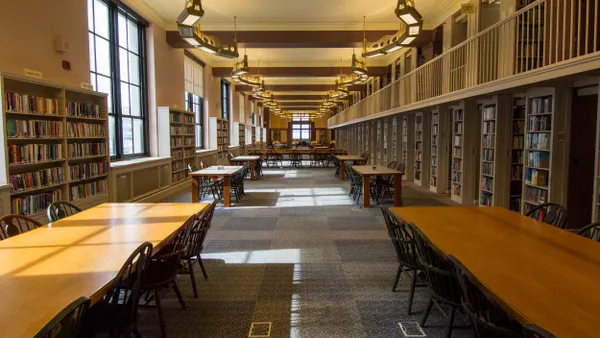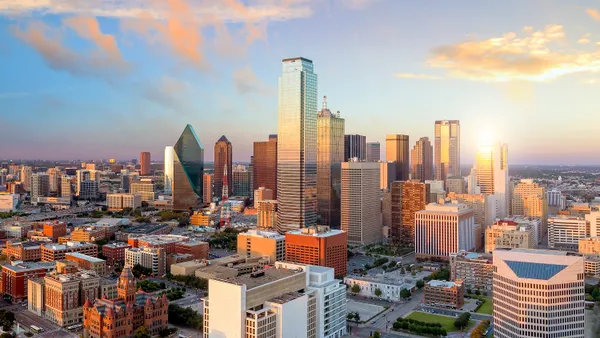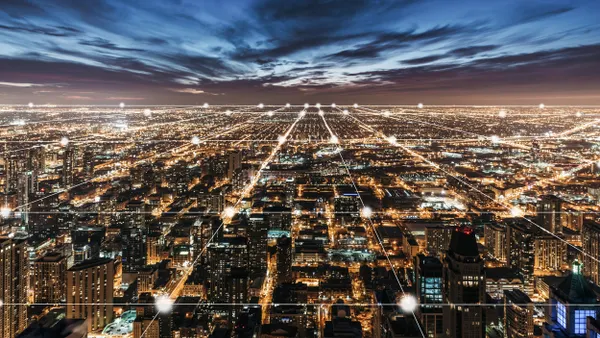Dive Brief:
- Four U.S. Senators introduced a bipartisan bill to improve the accuracy of broadband internet coverage maps and bolster the data collected by the Federal Communications Commission (FCC) and U.S. Department of Agriculture (USDA). The Broadband Data Improvement Act is sponsored Shelley Moore Capito, R-WV, Brian Schatz, D-HI, Jerry Moran, R-KS, and Jon Tester, D-MT.
- The bill would require broadband providers to report data on a more granular basis using geographic information system (GIS) mapping and would be subject to what the sponsors described as "an ongoing and multi-faceted challenge, validation, and refinement process." It would also help small providers that lack GIS capabilities and better reflect coverage gaps.
- Separately, Rep. Anna Eshoo, D-CA, reintroduced three bills to expand access to broadband internet. The bills would mandate installing pipes to hold fiber optic cables during federally-funded road projects; encourage public-private partnerships (P3s) and locally-owned broadband networks; and streamline the pole attachment process and speed up deployment.
Dive Insight:
Broadband internet coverage has been a contentious topic in the federal government for several months. A draft FCC report circulated in February found 19.4 million Americans lacked access to fixed broadband, down from 26.1 million at the end of 2016. The FCC’s mapping methodology has come under fire from critics, who note that if an internet service provider (ISP) has provided broadband to just one home in an entire service block, the FCC declares a ZIP code as "served."
Fight for the Future, a group that advocates for net neutrality, said the findings are "dubious" given that fiber deployment has slowed and ISPs' investment in networks is shrinking. Members of the FCC have also joined the chorus of criticism of the commission's mapping process.
At a hearing of the U.S. House Energy and Commerce Committee's Subcommittee on Communications and Technology earlier this month, FCC Commissioner Jessica Rosenworcel said in prepared testimony that having inaccurate maps is "wasteful and irresponsible" and that such poor data "turns our digital divide into a yawning chasm." Rosenworcel has been a frequent critic of the FCC's decisions and findings, and also of the Trump administration's tariffs on 5G equipment imported from China like antennas, switches and routers.
Some have suggested that 5G could help close the digital divide between rural and urban areas, but also within cities that have coverage gaps between neighborhoods.
Helping policymakers better understand where those coverage gaps are should help drive investment, while Eshoo's legislation could be key in making it easier for localities and ISPs to improve and expand coverage where existing rules and regulations may get in the way. It may also encourage more cities to think of broadband internet as a public utility, a trend that continues to gain traction nationwide.



